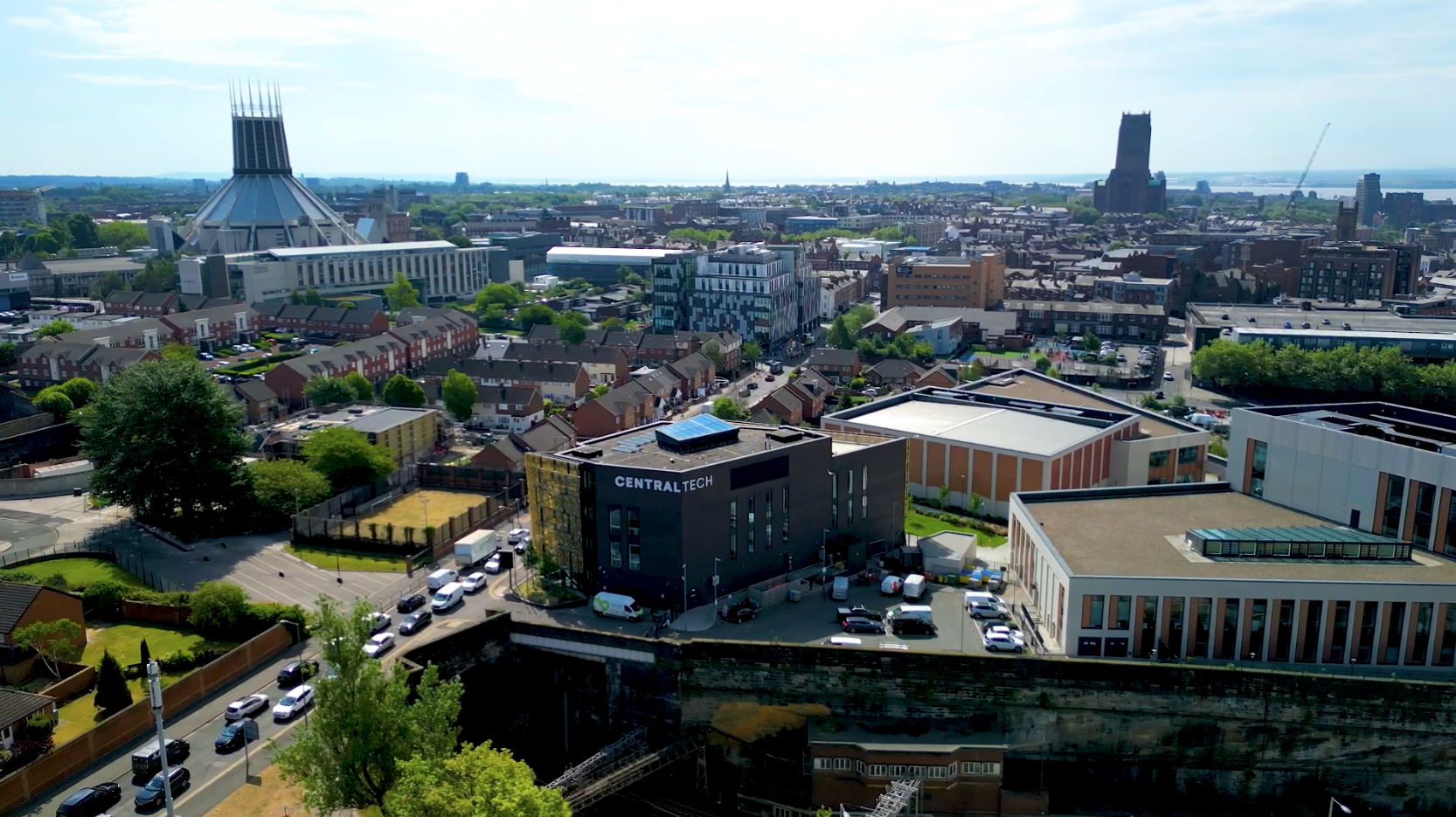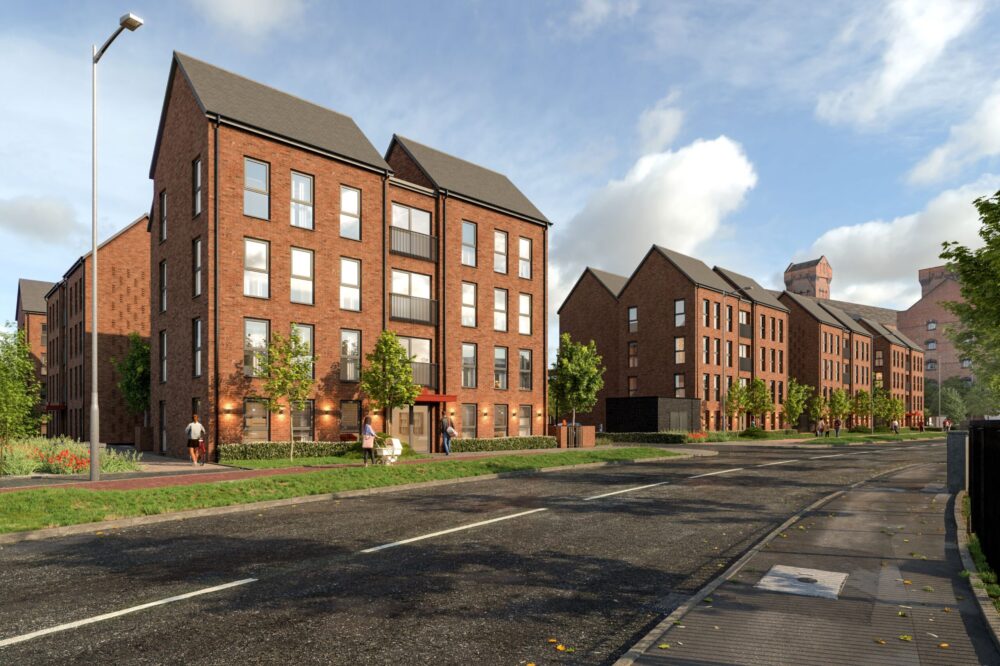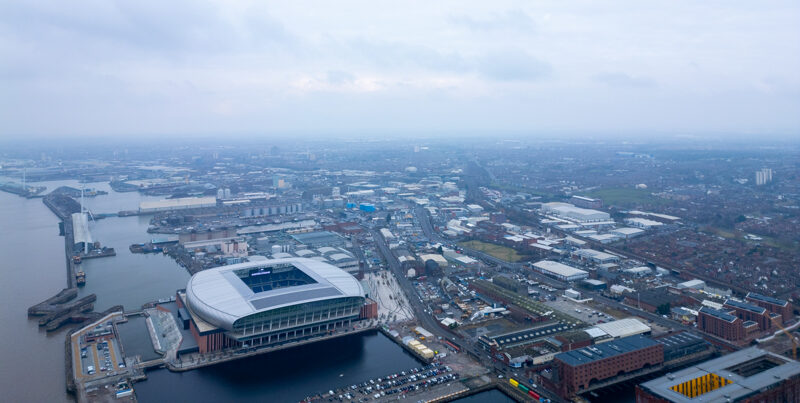
Regeneration
Liverpool City Council completes £5M makeover of Ropewalks District
2 years ago

A major makeover to Liverpool’s historic Ropewalks has been completed.
Highways contractors for Liverpool City Council have now finished a £5m programme to revamp four key streets in the heart of one the city centre’s Ropewalks District… a key nighttime hotspot.
The City Council received £5m from Liverpool City Region Combined Authority’s Strategic Investment Fund to undertake upgrades to Fleet Street, Colquitt Street, Back Colquitt Street and Ropewalks Square, which leads to one of the UK’s leading visual arts centres at FACT Liverpool.
Works included the replacement of all existing footway and carriageway surfaces, along with the installation of new street furniture, bins, bollards and street lighting.
This programme marked the second phase of highways enhancements to the Ropewalks District after the Council implemented improvements to Wood Street and Slater Street in 2021 and 2022.
Due to the historic nature of the rope-making industry, the area is characterised by long narrow streets each running parallel to each other – which in turn has led to congestion and safety issues – as the Ropewalks District developed into a dynamic cultural and creative centre.
This second phase of improvements began in February and were partially suspended in April and May when the city hosted Eurovision 2023.
The completion of this scheme coincides with FACT’s recent 20th anniversary celebrations and as the area prepares for its busiest time of year.

Liverpool City Council has also just announced the next phase of its Highways Investment Programme (HIP).
The Council’s Transportation and Highways team and their delivery partners are now progressing with the upgrade of more than 29 roads, through an £11m eco-friendly maintenance programme.
This follows the successful delivery of 70 schemes as part of the initial Highways Investment Programme that has been delivered to date across 2022 and 2023, which saw £19.425m invested in in highways infrastructure.
The HIP programme has been designed to improve the environmental footprint of highways construction and in phase one, 68 tonnes of CO₂ emissions were saved through de-carbonisation processes and 3,171 tonnes of hard to recycle waste diverted from landfill or incineration through specific recycling partnerships.









 Subscribe
Subscribe Follow Us
Follow Us Follow Us
Follow Us Follow Us
Follow Us Follow Us
Follow Us Follow Us
Follow Us











